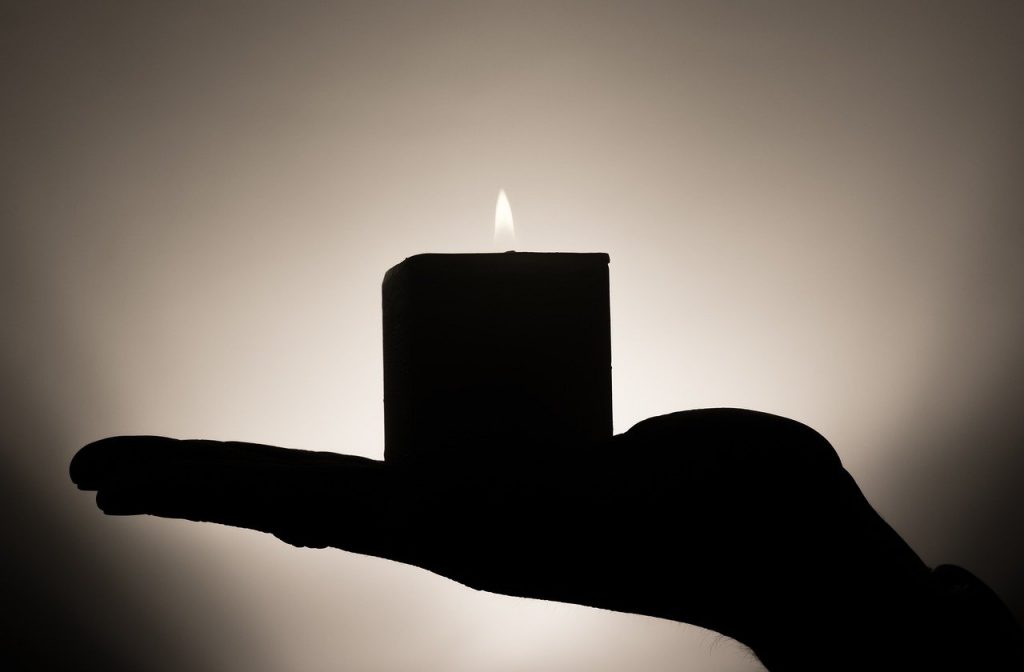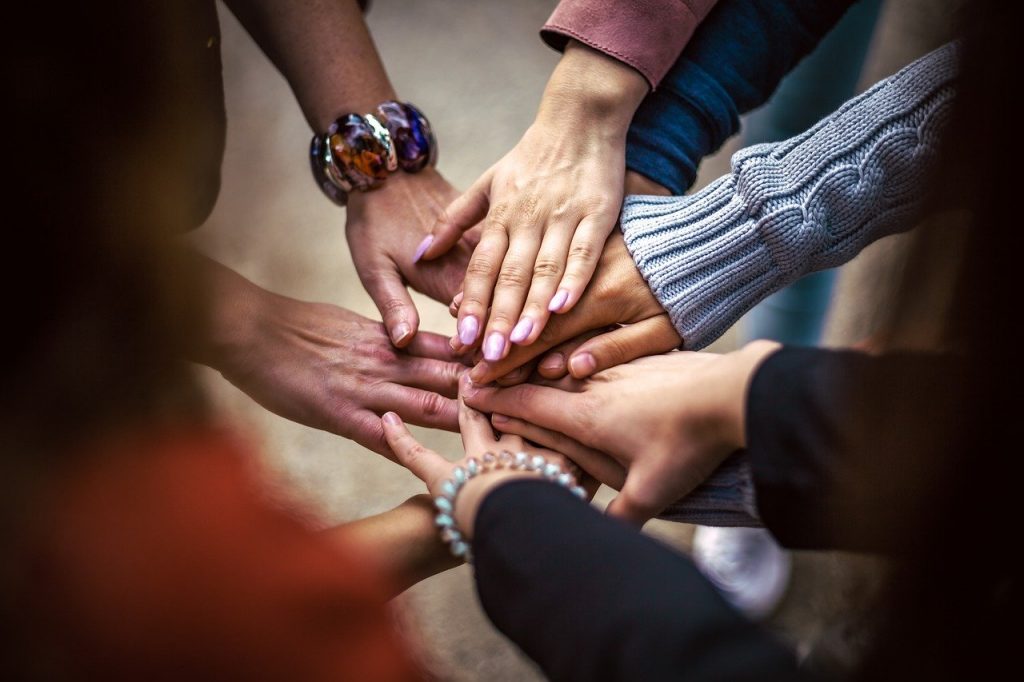“What the world needs is people who have come alive”
“Don’t ask yourself what the world needs. Ask yourself what makes you come alive, and go do that, because what the world needs is people who have come alive.” Howard Thurman
Howard Thurman (1899 – 1981) American author, philosopher, theologian, educator, and civil rights leader.
When we come alive we are in connection with nature, with life, our roots, our spirit. We are at ease, and connected to our inner power.
Yet so much in our modern world creates barriers to what makes us come alive.
Unfulfilling jobs, social inequality, disconnection from nature, lack of community, tiring work patterns and financial instability are common – even without pandemic. The power structures we live among continue to discriminate through race, gender and sexuality. Our society encourages the love of money and power. It has become the norm to seek happiness through consumerism.
We know this doesn’t work.
Barriers like these make it harder to act in the interests of the greater good – or even in the true interests of ourselves. They encourage behaviour that is hurtful to those around us, and mean we make decisions that are harmful to people far away, and to the planet.
But many of us are filling that gap that mainstream consumerist, individualistic culture cannot, addressing the universal human longing for kindness, connection, meaning and purpose, for feeling a part of something bigger than ourselves. We recognise the interconnectedness of all life. We are seeking a more loving way of living.
Today, society is at a crossroads. Challenges like pandemic, inequality and the climate crisis demand a radically different way of thinking, being and doing.
It is a challenge to which we can all bring our power.
It is a challenge that we can meet when we come alive.
We hold there are as many paths through life as there are people – and we help each other find our way
Together, we learn from ancient wisdom, philosophy, science, art and poetry. We pray, meditate, find stillness in nature. We work on a common cause.
We pay attention to our inner life; to what we see as sacred, holy.
Unitarian history has been one of open-minded, loving community, from our origins with the dissenting Christians of the 17th and 18th centuries, through to reflecting the diversity of values and beliefs in Britain today. Our ethos is grounded in freedom and enquiry.
Our Object today is “to promote a free and inquiring religion through the worship of God and the celebration of life; the service of humanity and respect for all creation; and the upholding of the liberal Christian tradition.”
We have always combined reason and science with spirituality and faith, with a strong commitment to using our power to create a more just and fair society. We are committed to approaching all of the world’s religions and belief systems with an attitude of tolerance, open-mindedness and respect. We are grounded in our current reality, and this drives our evolution.
Our radical spirituality calls us to take a stand on the big questions and challenges facing our world.
Visit our congregations page to find a congregation near you, or one of our many online gatherings – all are welcome, whatever your background or beliefs.
If you’re interested in how a Unitarian church is different to other denominations, find out more here.
Many people have joined the Unitarians having left another denomination. They do this for many reasons including: their beliefs changing and them no longer feeling able subscribe to a particular creed or statement of faith; finding that questioning was not encouraged in their previous denomination; wanting a more open and free religious community; being hurt by their previous church experience; being made to feel unwelcome because of their gender or sexuality.
Our churches and chapels are places where people worship with others whilst exploring their spirituality. The General Assembly of Unitarian and Free Christian Churches was formed in 1928 by the union of two movements. On the one hand, Unitarians have historically asserted the unity of God and humanity of Jesus, while Free Christians have been open to both Unitarian and Trinitarian understandings of God.
Our congregations offer a welcome to those who might wish to join us. Today, some of our congregations are Christian, while others are more humanist or embrace many faiths. You can often get a sense of the flavour of a congregation by viewing their pages.
We won’t tell you what you must or should believe, but we do have a rich religious heritage to tap into, including:
Our churches and chapels are places where people worship with others whilst exploring their spirituality. The General Assembly of Unitarian and Free Christian Churches was formed in 1928 by the union of two movements. On the one hand, Unitarians have historically asserted the unity of God and humanity of Jesus, while Free Christians have been open to both Unitarian and Trinitarian understandings of God.
Our congregations offer a welcome to those who might wish to join us. Today, some of our congregations are Christian, while others are more humanist or embrace many faiths. You can often get a sense of the flavour of a congregation by viewing their pages.
We won’t tell you what you must or should believe, but we do have a rich religious heritage to tap into, including:


If a community focuses on personal or spiritual development collectively, we have the opportunity to support each other and learn from each other. We go further when we go together.
Unitarians don’t expect all members of their communities to hold the same beliefs about life, so our congregations provide opportunities to learn from people with different worldviews.
About a third of our congregations are led by ministers, who have trained at one of our two Unitarian training colleges. Ministers are in the service of their congregations, taking responsibility for the spiritual health of the community. They work with members of the congregation to do this – community members get involved in leading Sunday services, taking care of the chapel, welcoming new people, leading social action campaigns, running book groups, doing the washing up after coffee morning – all sorts. Each congregation is governed by a committee appointed by the community, who make decisions to support its smooth running and sustainability.
The shape and style of a Sunday service differs between congregations, depending on the minister, the congregation, and the culture of the community. Usually there will be singing, times of mindfulness or prayer, readings from sacred texts, poetry, music, and a sermon or message. There are also opportunities for members to participate and share with the community something of what’s happening in their life. And people are always welcome to come along and sit quietly; listening is participating too.
Many of our congregations moved their gatherings online during the coronavirus pandemic, and so it’s easier than ever for new people to try out a service.
Of course, being part of a Unitarian community goes beyond these services. Gathering together each Sunday helps us to live out our values through the rest of the week, in our work, in our families, with our friends – and most congregations will offer points of connection beyond Sunday services too, from meditation groups to social action campaigns.
The Unitarian community goes beyond individual congregations, and there are opportunities to connect with our national societies, or to get involved in supporting the whole movement.
Unitarians offer a variety of ceremonies and services; browse below to learn more about our ceremonies and availability at given congregations.

